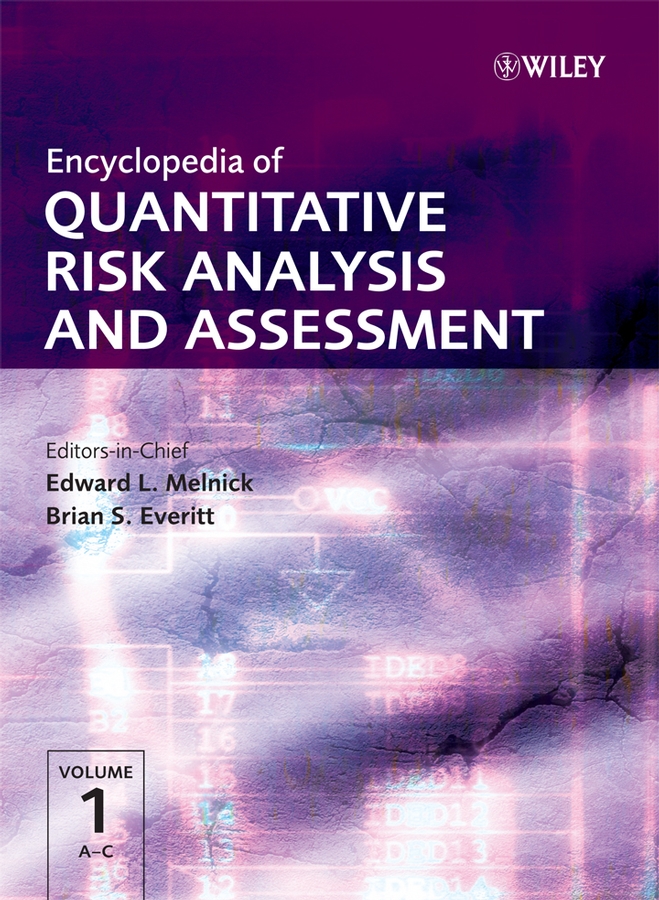Early Warning Systems (EWSs) for Predicting Financial Crisis
Abstract
Research on the development of early warning systems (EWSs) for predicting financial crises has gathered momentum in the 1990s. EWS provides a systematic, consistent, and unbiased means to process and analyze information pertinent to financial crises. EWS build on the premise that an economy and its financial markets would behave differently prior to an imminent financial crisis. The “abnormal” behavior has a systematic and recurrent pattern. Therefore, one can judge whether a crisis is about to occur, from the movements of relevant economic and financial indicators. Recent research efforts on EWS have been focusing on currency crises. The two most extensive and well-documented approaches are the signal approach and the limited dependent regression approach. While EWS may not be sufficiently robust to be relied upon as the sole tool to predict financial crises, they perform substantially better than nonmodel-based forecasts in the prediction of the Asian financial crises in the late 1990s. Development in other research frameworks that are complementary to EWS is encouraging. One such effort is the resilience framework that assesses the soundness of economic and financial systems at a particular point of time rather than predicting the occurrence of financial crises.



